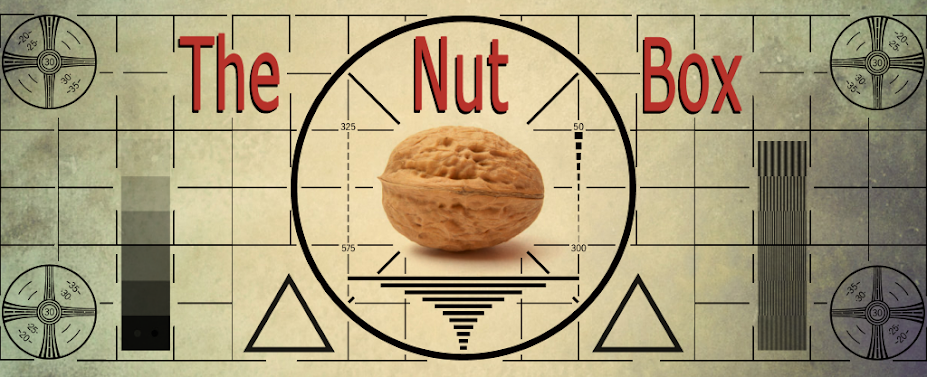I've watched the series twice and I'm positive there are things in it I still haven't found. It's densely packed with subtleties and philosophical concepts. Where do we go when we die? How do we know we're alive? Did God create us? If so, then who created God? It's possible to skim the surface and still enjoy it, but to really get to grips with its message you'll need to delve a lot deeper.
It's vital, even in the early episodes, that you pay extra close attention because sandwiched between the primary narrative and the subtext sits a commentary on how people interact with each other—not just the things they say, but whether or not they were clearly understood or even acknowledged by the recipient(s). That intangible midpoint between speaker and listener, between creator and participant, becomes ever more important to the overall structure.
The audio doesn't always strive for realism. It's frequently used to convey Lain's mood or emotional state in an exaggerated, expressionistic way, but it's always superb. So too is the animation. The depth of emotion that the Triangle Staff studio animators were able to express behind the eyes is remarkable. There are even some scenes that are really quite disturbing.
Don't expect to be given simple, direct answers to all of your questions. If we had all the answers there'd be no more questions, and if that was the case what would be the point of existence?
13 episodes, approx 24 minutes each.
4½ protocols out of 5











